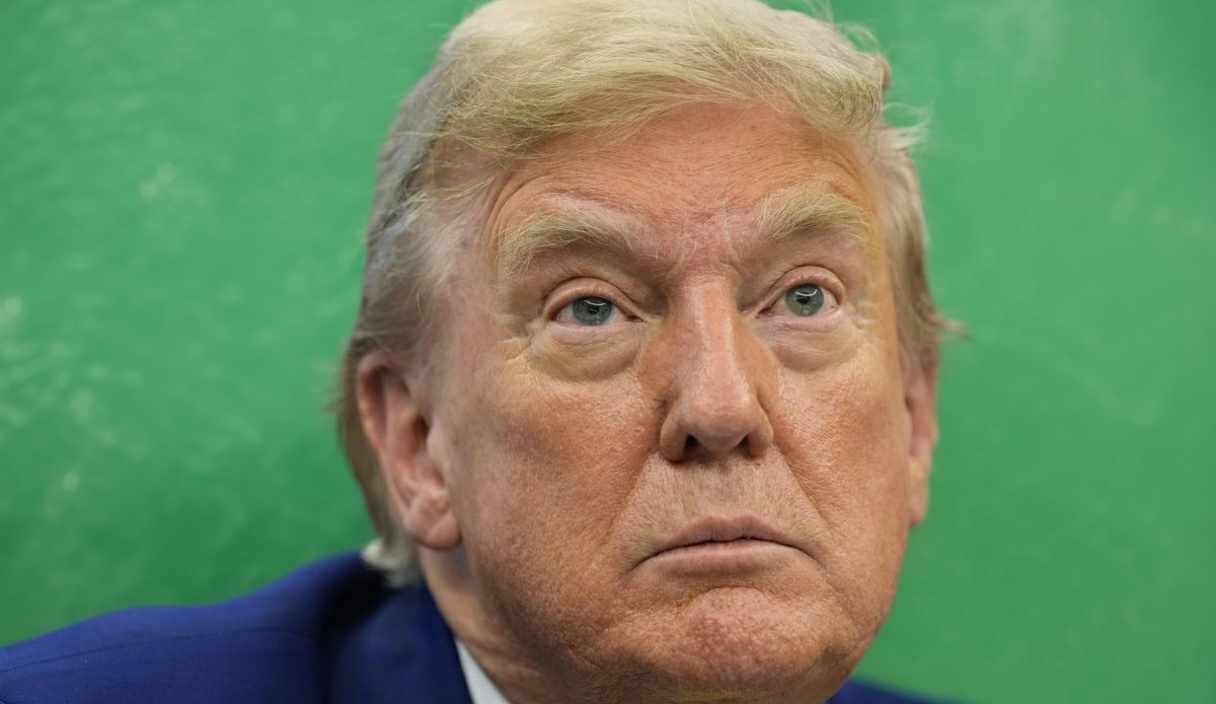Trump gives Iran two-week deadline to accept nuclear deal or face U.S. military strikes

President Trump Sets New Deadline for Iran Amid Middle East Tensions
In a recent announcement, President Donald Trump has extended a two-week deadline to Iran, offering a crucial window for negotiations regarding its nuclear program before potentially aligning with Israel’s aggressive military actions. This extension, declared by White House Press Secretary Karoline Leavitt, is seen as a strategic move to align with the president’s anti-war MAGA supporters, allowing Israel additional time to target key Iranian nuclear sites autonomously.
Implications of the Extended Deadline
President Trump emphasized the importance of giving Iran a possible final opportunity to broker a deal over its nuclear ambitions. “Based on the fact that there’s a substantial chance of negotiations that may or may not take place with Iran in the near future, I will make my decision whether or not to go within the next two weeks,” he stated through Ms. Leavitt. This positioning is critical as it underscores his administration’s stern stance against Iran’s nuclear developments while providing a diplomatic window.
Simultaneously, with Israel intensifying its airstrikes into a seventh day and hitting pivotal military bases in Iran, diplomatic efforts are also gaining momentum. The foreign ministers of Britain, France, and Germany are gearing up for imminent talks in Geneva with Iran’s representative, amid a backdrop of continual military aggression.
Challenges in Diplomatic Efforts
The meetings in Geneva aim to persuade Iran to confine its nuclear program strictly for peaceful purposes. However, the propositions may fall short of President Trump’s harsher demands, which include a complete cessation of uranium enrichment and nuclear program activities by Iran. Notably, President Trump had previously withdrawn from the 2015 nuclear agreement citing violations by Iran, which propelled a fresh pursuit for a re-negotiated deal during his second term.
|
As tensions escalate, Iranian forces retorted with missile and drone attacks against Israeli territories, including assaults on civilian structures and a hospital, amplifying the conflict to severe humanitarian dimensions.
The Potential U.S. Military Involvement
While Israeli forces executed strategic strikes against Iran’s nuclear capacities, the possibility of U.S. military intervention looms, with a focus potentially on the Fordo underground nuclear site. The U.S. possesses unique military assets, such as B-2 bombers equipped with advanced bunker-busting bombs, which may decisively neutralize underground nuclear infrastructures.
The heightened readiness for a possible U.S. strike coupled with President Trump’s recent remarks underline an increasingly attenuated patience with Iran, despite the offered reprieve. Nonetheless, his commitment to avoiding premature military involvement resonates with a considerable faction of the MAGA base, advocating for minimized U.S. engagement in Middle Eastern conflicts to uphold the pivotal “America First” ethos.
Within this complex interplay of military strategy and diplomatic negotiations, President Trump’s administration remains at a critical juncture, balancing between assertive national security measures and the overarching commitment to reduce American military entanglements abroad.
As the situation develops, the global community watches closely, anticipating whether the extended deadline will lead to a diplomatic resolution or escalate into a broader military conflict.








No Comments